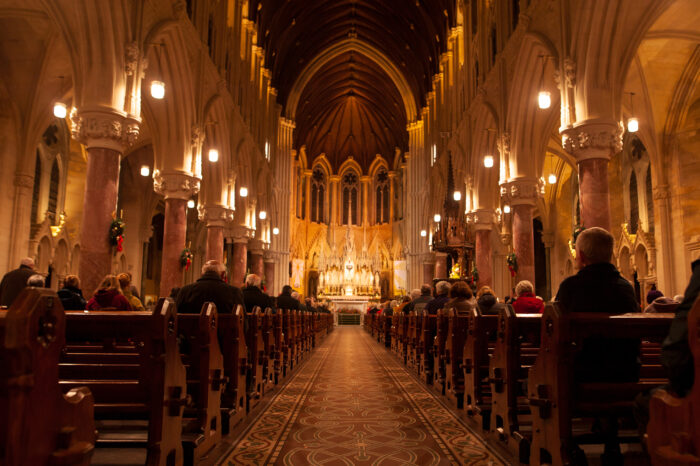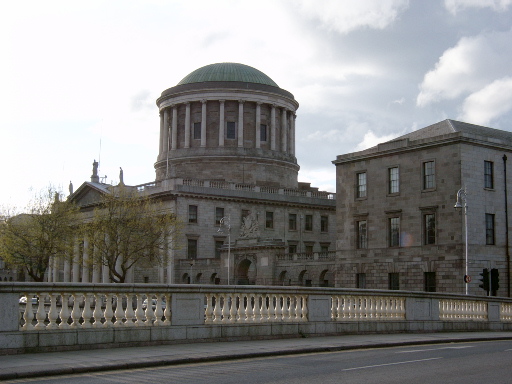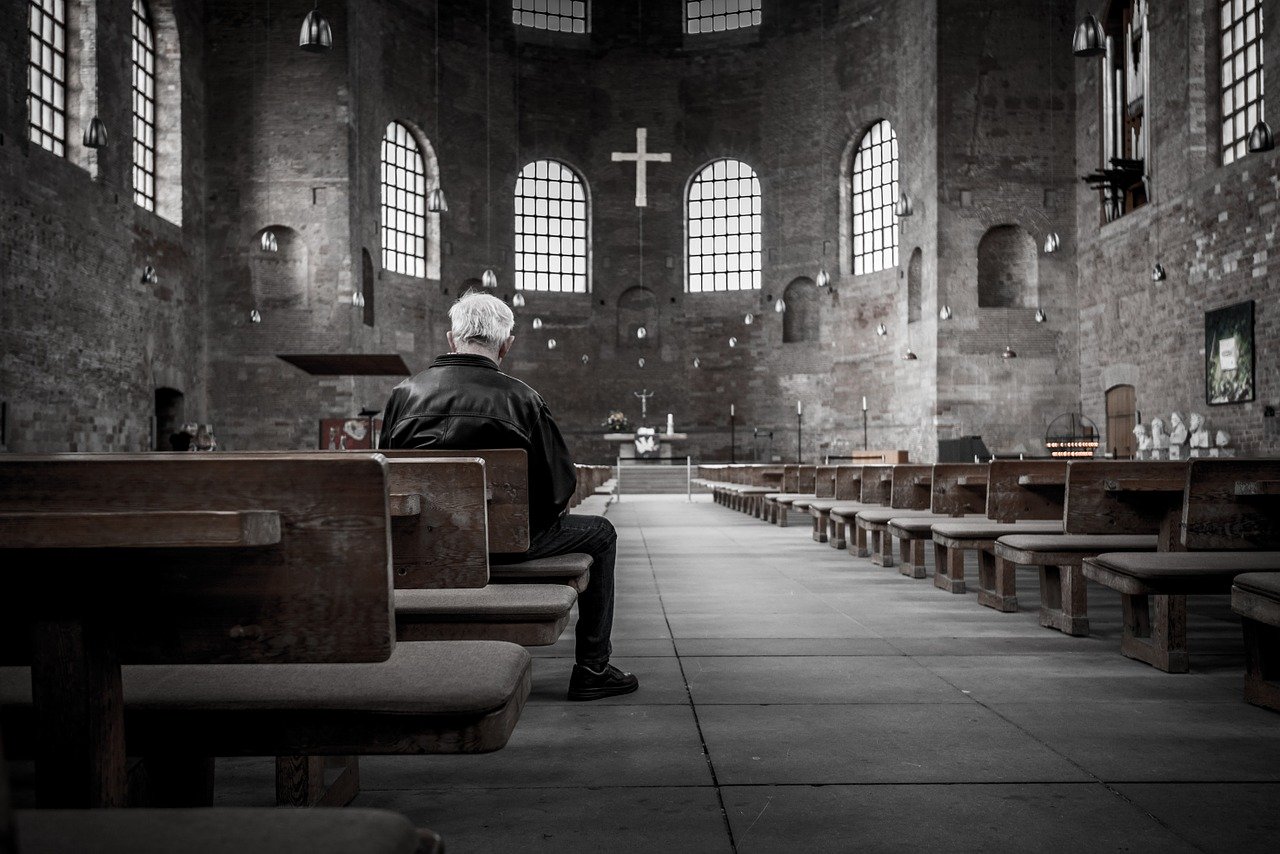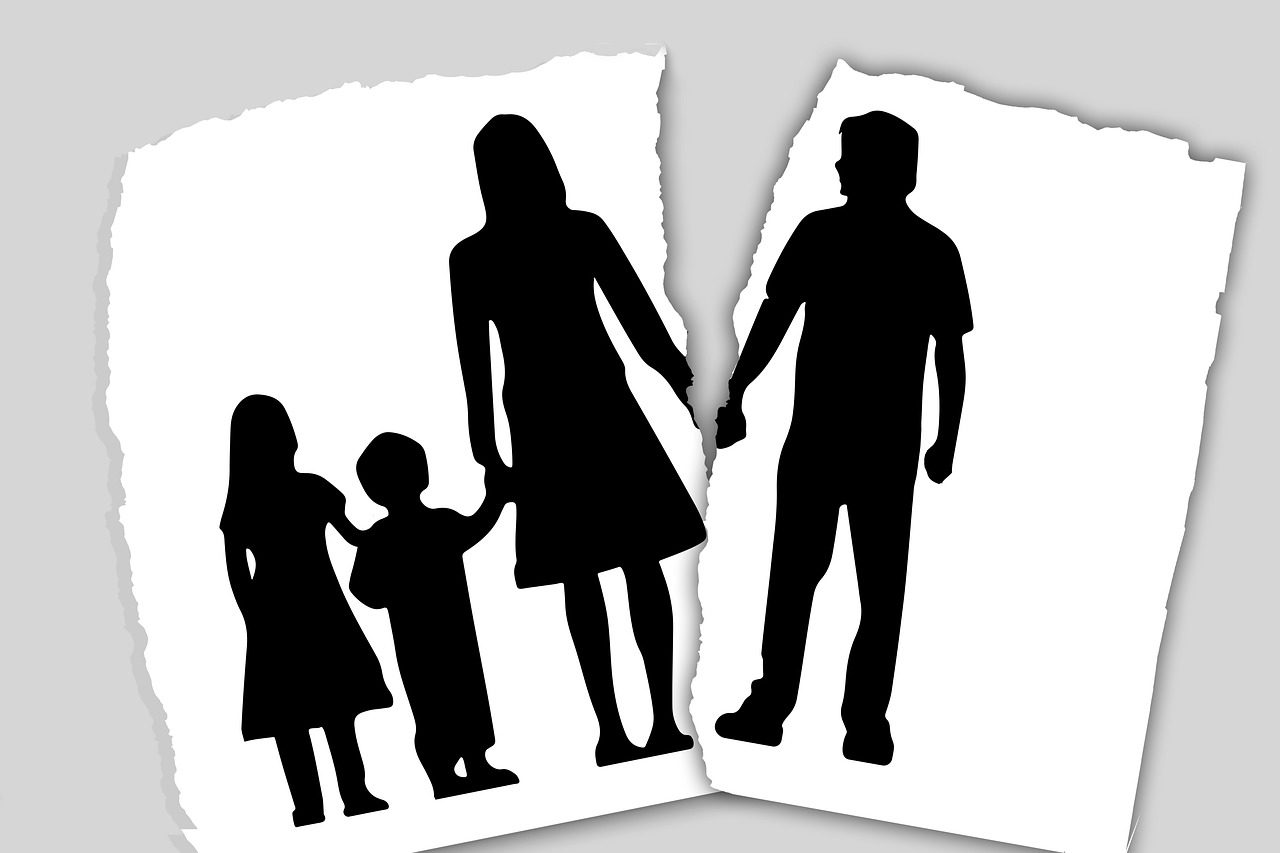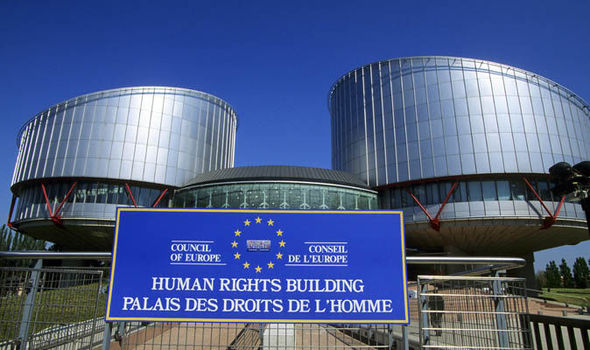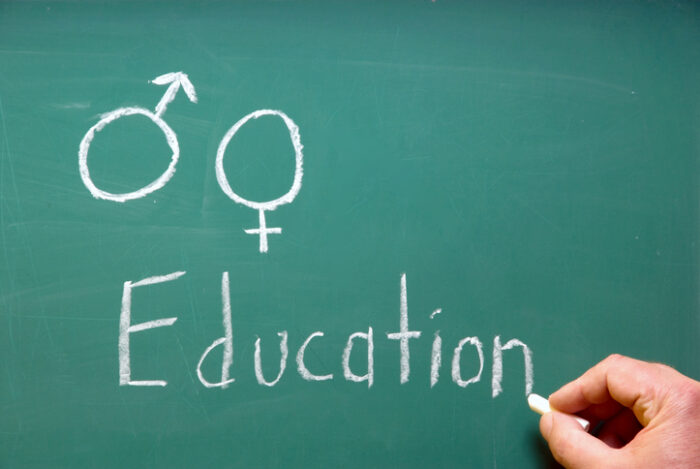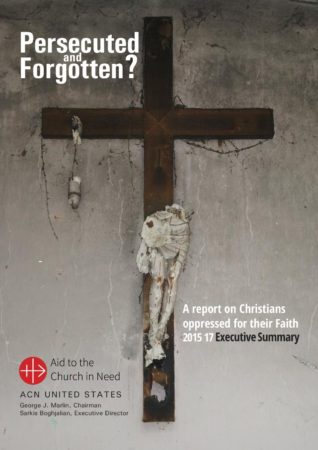A poor Christian couple from central Pakistan have had their appeal against their death sentence for “blasphemy” delayed again. Shagufta Kausar and her husband Shafqat Emmanuel have spent the last six years in jail waiting for their trial to conclude.
The final hearing at Lahore High Court had been scheduled for Wednesday this week, before it was postponed, with a new date due to be announced.
Their lawyer, Saif ul Malook, who also represented Asia Bibi, another Christian woman who had a death sentence for blasphemy successfully overturned, told the BBC the evidence used to convict the couple was deeply flawed.
But, he warned, that judges can be “fearful” of acquitting suspects, in case they are targeted themselves by extremists. Court proceedings have also slowed in recent weeks as a result of the coronavirus outbreak.
The married couple were convicted in 2014 of sending blasphemous text messages insulting the Prophet Muhammad to a local imam. Blasphemy is punishable by death in Pakistan, and though no-one has ever been executed for it, dozens have been killed by mobs after being accused of the crime.
Shagufta’s brother Joseph, who requested his surname not be published, told the BBC the couple were innocent, and he doubted they were literate enough even to have written the abusive messages. Shagufta worked as a caretaker in a Christian school, whilst her husband Shafqat is partially paralysed.

